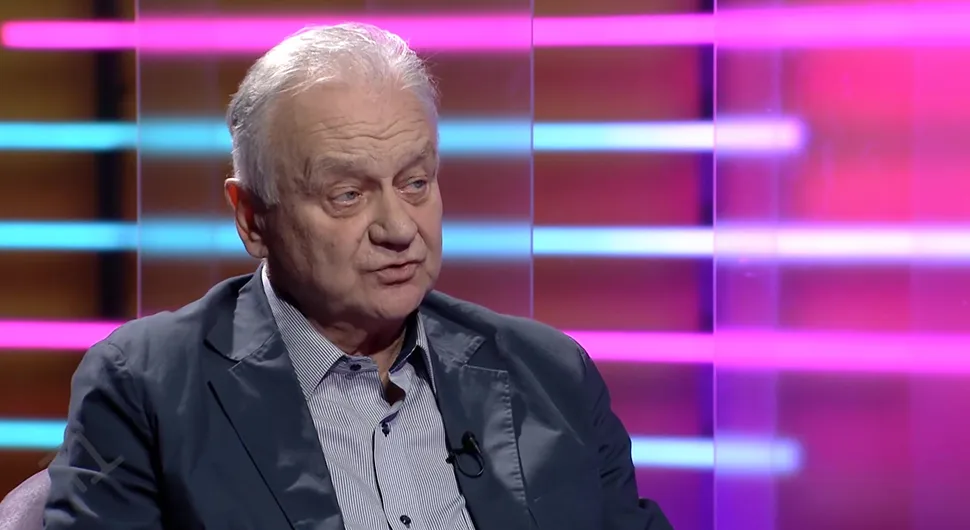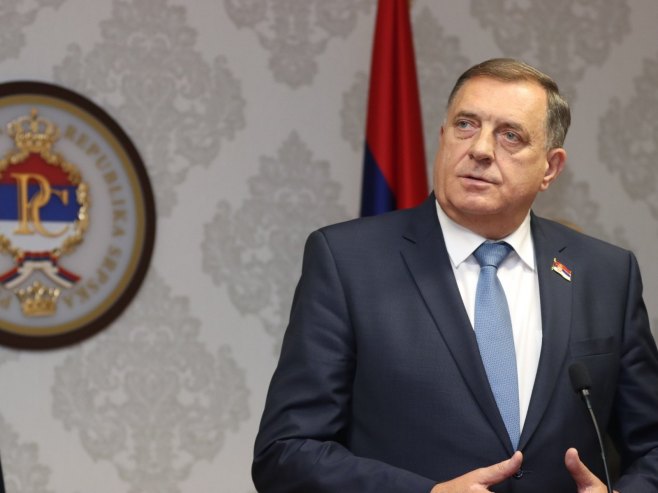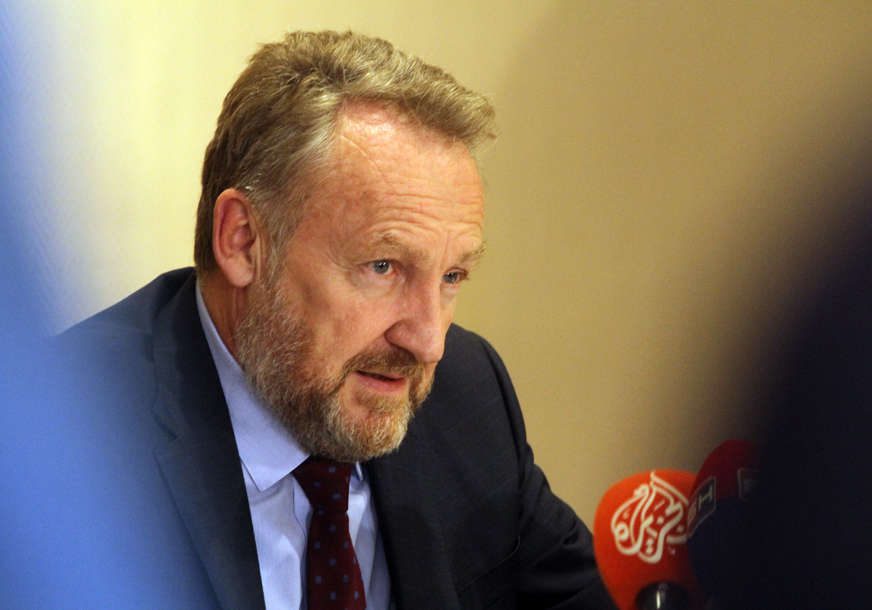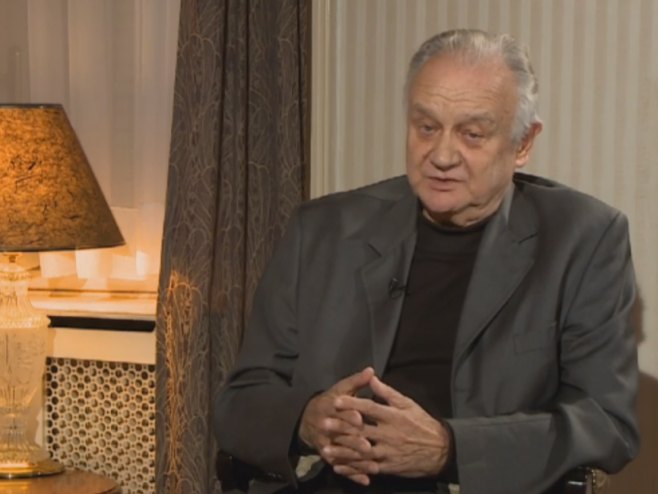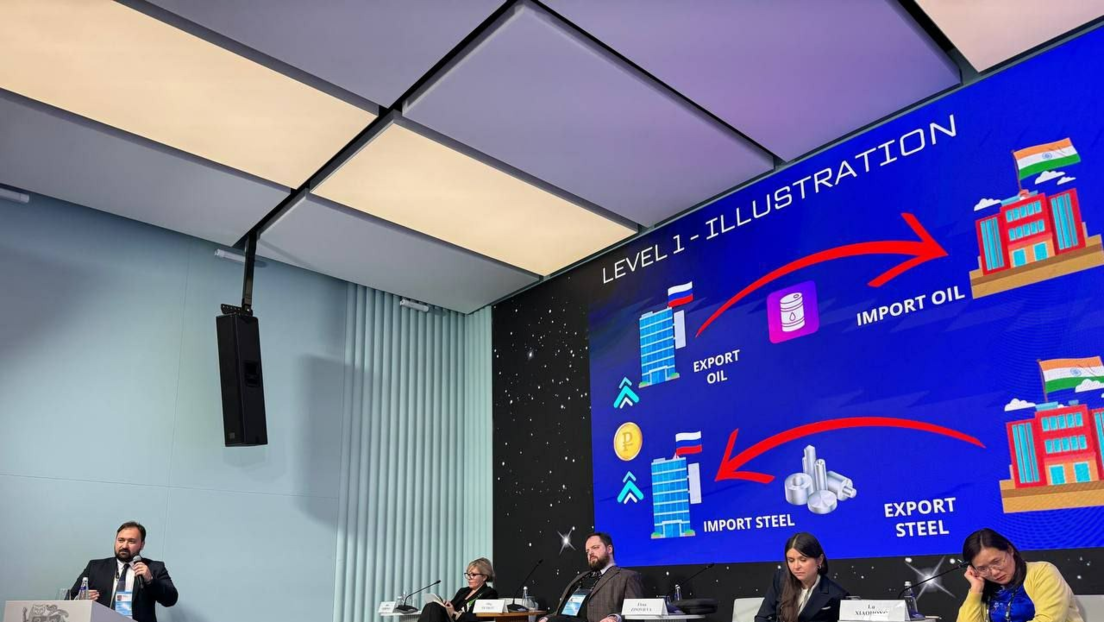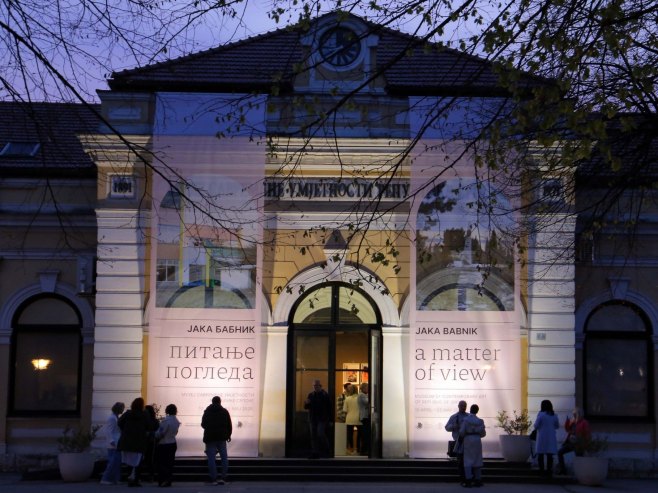Former President of the National Assembly, Dragan Kalinić, stated that today, 32 years after the start of the war, it is clearer than ever that BiH will continue to be an impossible state unless the freedom and equality of its three constitutive peoples are respected, along with the constitutional order based on the original Dayton principles.
In a statement to Srna, he emphasized that March 1st, as some kind of BiH holiday, should be absolutely ignored and not accept the revision of history that it attempts to carry out.
“Paradoxically, but true – as long as pro-Bosnian unitarist forces glorify March 1st, BiH will indeed always appear as a bad place for the Serb people. Let them just continue!” Kalinić, a participant and witness to the events of the early 90s, conveyed.
Therefore, he says, the defense of Republika Srpska and its institutions is important now and in the future.
Kalinić pointed out that March 1st, celebrated in the Federation of BiH as the independence day of BiH, represents a historical falsification because it conceals two important facts.
“The first is that this date is associated with the independence referendum of BiH called by Muslim and Croatian political parties passionately bound to party flags, which Serbs, led by the SDS, rightfully boycotted,” he reminded.
At the referendum, says Kalinić, 63.7% of the population voted, and they supported the decision on independence and secession of BiH from Yugoslavia in high percentages.
“However, the law at the time stipulated that the referendum results are only valid if more than 66% of the population voted, which did not happen. The political representatives of the Serbs disputed the final result of the referendum, and the Assembly never verified it,” he explained.
According to him, the decision on independence was null and void from the legal standpoint of the time.
“Everyone knows this, but they pretend otherwise, including [Robert] Badinter, the former international executor of the dissolution of Yugoslavia,” Kalinić, a deputy of the first assembly, highlighted.
The second important fact that falsifies history, Kalinić pointed out, relates to the claim that the supposed citizens of BiH voted for its independence.
He explained that it was actually about two peoples led by their national elites and at the urging of Western powers, opponents of the survival of post-Tito Yugoslavia, voting contrary to the will of the Serbs.
“The Serb people in BiH had already massively expressed in late 1991, through a plebiscite, their desire to remain, even in a truncated Yugoslavia. Thus, the Serbs in BiH were forcibly separated from their national matrix in the name of the so-called civic, and as we see today, actually Bosnian unitary option,” Kalinić noted.
He concluded that the consequences of such a political outcome, unfortunately, were later seen through the tragic war conflict in BiH and thousands of lost lives.
In parts of the Federation of BiH with a majority Bosniak population, March 1st is celebrated as the so-called Independence Day of BiH because an illegal referendum on independence and secession from the SFRY was held then. Serbs in Republika Srpska remember March 1st for the murder of a Serb wedding guest in Sarajevo, which triggered the start of the war conflicts.
This tragic date is not celebrated in Republika Srpska; instead, November 21st is observed – the day the General Framework Agreement for Peace in BiH was initialed at the Wright-Patterson Air Force Base near Dayton, marking the end of the civil war in BiH.
Source: RTRS



